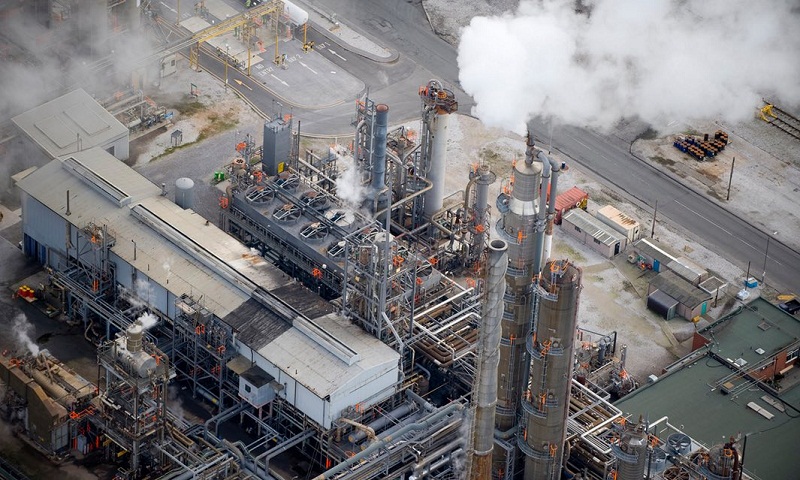Fossil fuel lobby could be forced to declare interests at UN talks

Developing countries score significant victory for greater transparency from outside parties at UN climate negotiations. A push from developing countries to force fossil fuel lobbyists taking part in UN climate talks to declare their conflicts of interest has won a significant battle against resistance from the world’s biggest economies including the European Union, US and Australia. The UN framework convention on climate change (UNFCCC) has agreed to enhance “openness and transparency” for outside parties and will accept submissions from any stakeholder – which could be any person or group affected by climate change or climate change policy – on how it could do so. “The result was pretty good – understanding that the world’s largest economic powers were adamantly opposed to anything to do with integrity or conflict of interest at all,” said Jesse Bragg from Corporate Accountability International, which has been running a campaign on the issue. Since May 2016, Ecuador and Venezuela – on behalf of the Like Minded Group of Developing Countries that represents that majority of the world’s population – had been fighting to have a conflict of interest policy introduced where groups with “observer status” must declare their conflicts. Organisations that have observer status, and can therefore attend meetings and walk the corridors of the conferences, include industry groups that represent all of the world’s biggest fossil fuel companies such as ExxonMobil, Shell, BP and BHP. Many of them have lobbied against policies aimed at reducing greenhouse gas emissions. In May 2016 at a UNFCCC meeting in Bonn, the Venezuelan delegate said the Paris agreement was an “instrument between states” and made a “moral request” that lobbyists should have to declare conflicts of interest. The move was successfully opposed by rich nations, with the US, EU, Norway and Australia leading the battle. But the issue was raised again in November at COP 22 in Marrakech and continued this month in Bonn where the Australian ambassador for the environment and lead delegate to the UNFCCC, Patrick Suckling, championed the role of fossil fuel companies in helping to craft climate change policy. “Some of the companies being alluded to as the polluters of policy, they will be, some of them, the providers of the biggest and best solutions,” Suckling said. “And you could look at some of the statements coming out of ExxonMobil and Shell recently to underline that point.” ExxonMobil famously hid their knowledge about climate change for decades and investigations have revealed they continue to fund efforts to manipulate public discussions of climate change.

